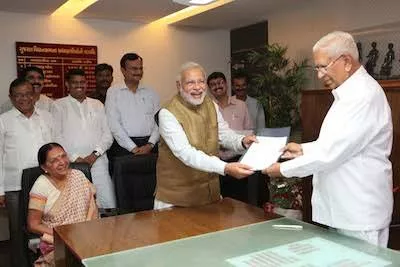The case claims that the BBC’s controversial documentary on the 2002 Gujarat riots is against Prime Minister Narendra Modi, and ‘cast a slur’ on the reputation of India, and that of the judiciary.
‘It is contended that the documentary makes defamatory imputation and castes slur on reputation of the country and the judiciary and against the Prime Minister. Issue notice to the respondents…,’ the court said.
Earlier, on May 3, a trial court in Delhi had issued summonses to the BBC, Wikimedia, and Internet Archive on a defamation complaint filed by a BJP leader seeking to restrain them from publishing the documentary, or any other material defamatory to the BJP’s ideological mentor RSS and the Vishva Hindu Parishad (VHP).
India has called the two-part BBC series a ‘propaganda piece designed to push a discredited narrative.’
Under the Information Technology Rules, 2021, the Indian government has blocked multiple YouTube videos and Twitter posts sharing links to the controversial documentary and also took other punitive actions.
The Supreme Court had in February dismissed a request for a complete ban on BBC in India over its documentary, calling it ‘entirely misconceived.’
‘How can a documentary affect the country,’ a two-judge Supreme Court bench had questioned.
The Gujarat Assembly had in March passed a resolution requesting the Centre to take strict action against the broadcaster for ‘tarnishing the image and popularity of PM Modi.’
In June last year, the Supreme Court backed the clearance to PM Modi in connection with the Gujarat riots and said the case was ‘devoid of merits’ and was filed ‘obviously, for ulterior design.’
Stay updated with all the insights.
Navigate news, 1 email day.
Subscribe to Qrius

